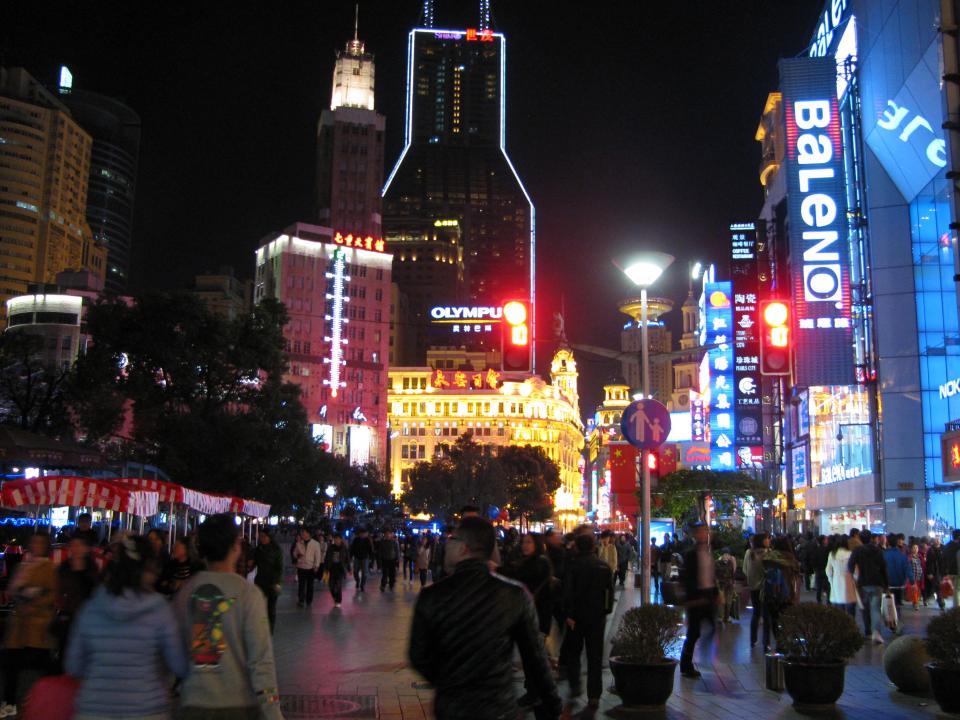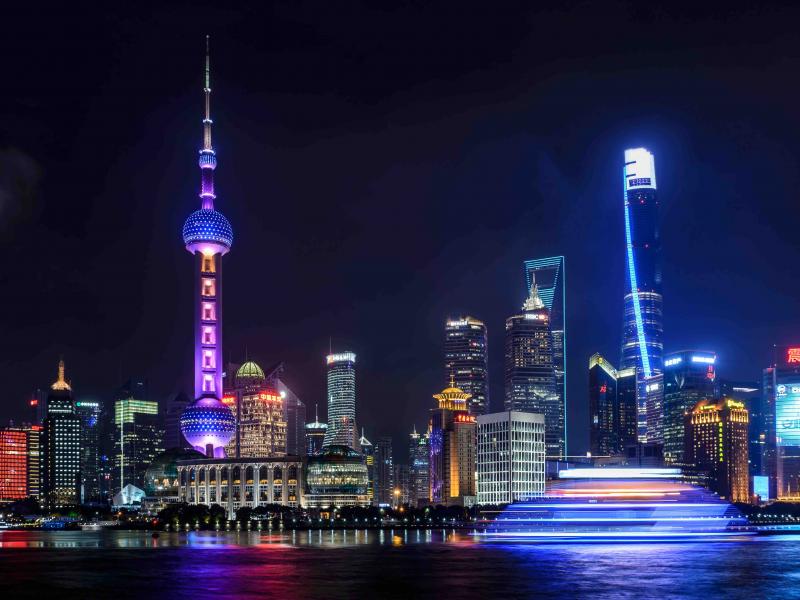When describing products or services in the Chinese market, be mindful that your language is not misleading or full of superlatives. Breaching the latest advertising laws can be very expensive.
“Emerging market”; “rising middle class”; “consumer-driven economy”; these are all phrases commonly associated with the Chinese market, making it a market that is just too lucrative to ignore.
A lot has been written about the meteoric rise of China’s middle class both in terms of its size (reportedly 1.3 billion) and the spending power (US$9 trillion GDP); even the sheer speed of spending in China is frequently breaking records.
While lucrative, marketing in China presents a unique set of challenges for companies in terms of language, cultural dynamics and consumer platforms (WeChat, Weibo, Youku).
While there are many articles available on the ‘sexier’ side of advertising in China (strategy, branding, social media, digital marketing, ecommerce platforms etc.) there is less information available on the legal restrictions you face in China as a marketer.
As a translation agency, we have the privileged position of being right at the coalface of the communication exchange. We see first-hand the issues that arise when translating and localizing marketing content from one country to another.
The legal ramifications of translation are not so widely known and today we share some of our learnings.
On 1 September 2015, amendments to the Advertising Law for the Peoples' Republic of China meant huge changes to the type of language companies could use when describing their products or services.
The 2015 amended law prohibits the use of superlatives such as “the highest” or “the best”; indeed no hyperbole is allowed.
The ban on extreme language in advertising may come as a surprise to foreign companies who are accustomed to marketing in the West, where marketing language is typically strongly worded and emotive; the use of “the best”; “world’s greatest” and “world leading” are commonly found in marketing material.
Indeed, the use of this kind of language is almost expected by consumers.
Under local advertising law, the direct Chinese translations of the above advertisements would not be allowed. Chinese advertising policy states that any statements made must be measurable and able to be proven.
If statements cannot be proven, this will be deemed misleading and thus a violation of the advertising code.
The new Advertising Law didn’t take long to be tested in China. Shortly after its enactment on 1 September 2015, Xiaomi Inc. – one of China’s largest electronics companies and the world’s fifth largest smartphone maker – was investigated by Beijing officials for using the superlatives “the best” and “the most advanced” on its website.
Here are some English phrases for which the Chinese translations would be forbidden from use under the Advertising Law in China:
◾Incomparable: unparalleled; peerless: 无与伦比 / wú yǔ lún bǐ
◾World leader: 世界领先 / shì jiè lǐng xiān
◾Leader: 领导者 / lǐng dǎo zhě
◾Number one sold: 销量第一 / xiāo liáng dì yī
◾First-class technology: 顶级工艺 / dǐng jí gōng yì
◾Most powerful: 能力最强 / néng lì zuì qiáng
Translating content from one language to another means that as well as knowing the target audience, you have to think about the local laws.
We recommend seeking professional legal advice to minimize the risk of being fined or losing your business license.
Mireia Paulo, Director of the European-American Market and Overseas Investment Projects at A & Z Law Firm, states: “The creative and advertising media industries are the most dynamic industries in China, however since the implementation of the 2015 Advertising Law it is subject to far heavier regulation and restrictions.
"The degree of punishments for violations against advertising policies has become more severe and violations can carry fines from 200,000 yuan (US$31,000) to 1,000,000 yuan (US$151,000) as well as the risk of having one’s business license revoked.
"Companies, marketers and advertising agencies would be well advised to seek professional advice from lawyers specializing in Chinese advertising law so that they can find the right balance between publicity and compliance”.
Article supplied by HI-COM (Shanghai) Consulting Co., Ltd. Visit www.hicom-asia.com
For reference, a bilingual version of the Advertising Law in China is available here.
The above comments are not intended to be relied upon as legal advice. As we are not lawyers and not authorized to give legal advice, we recommend seeking professional legal advice.





